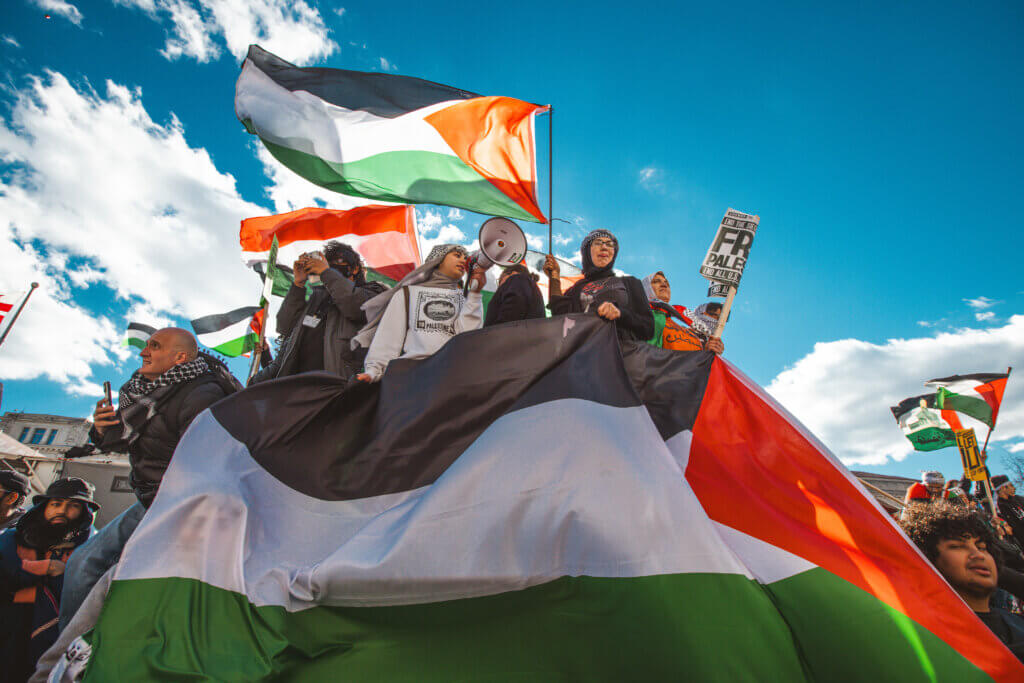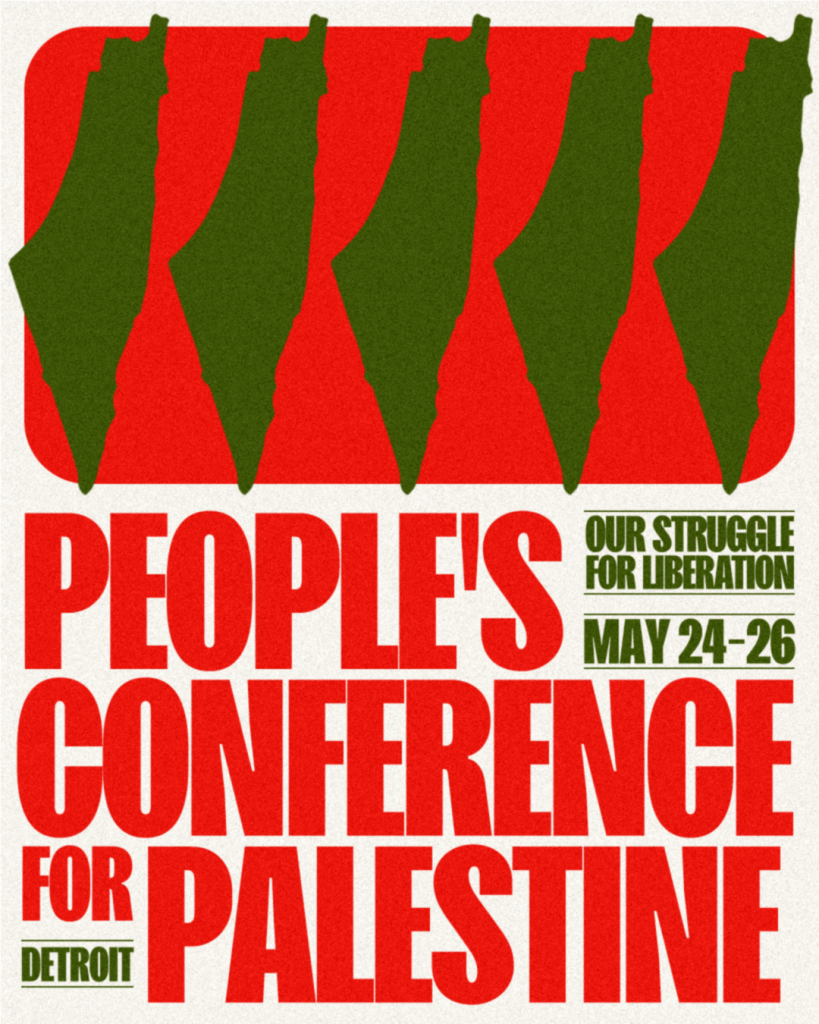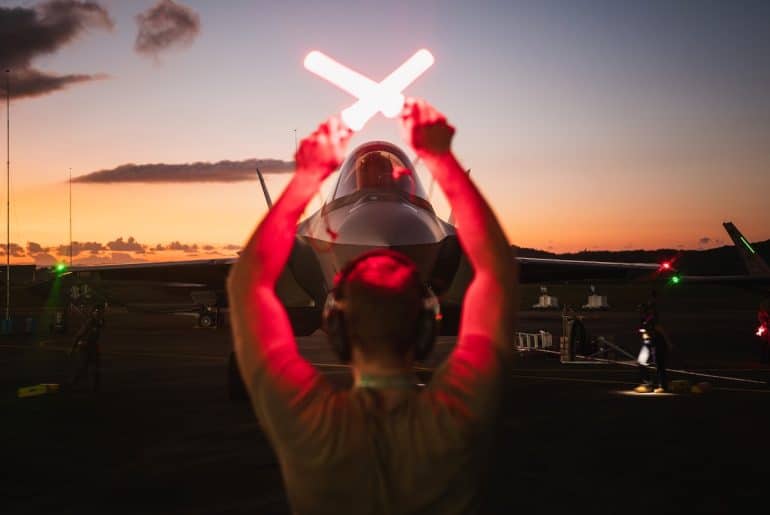Two hundred days into the Zionist war of aggression on Gaza, the Palestinian struggle is in the midst of a critical conjuncture. For months, organizations in North America have been strengthening and leading a mass movement to advance the cause of Palestinian national liberation from within the imperial core. The popular and revolutionary character of the movement has been borne out by the millions marching in the streets, direct actions across all major cities, new and newly-energized sector-based organizing and campaigns, victories across ideological and media struggle, and most recently, student encampments demanding divestment in the universities and colleges. Through these developments, thousands of people have been brought into the struggle, moved to act by the depravity of the U.S.-led and -funded genocide and the moral clarity of Palestine’s resistance.
Amidst this mass movement, we have witnessed the martyrdom of over 50,000 Palestinians, the destruction of the Gaza Strip, and a concerted effort by Zionism and Western imperialism to break Palestinian resistance and to sever our people from their lands. To live through an ongoing genocide has meant battling feelings of despair and confusion; while daunting, the task of committing ourselves to political clarity amidst these difficult conditions remains essential.
On October 18, 1975, the largest public gathering of Palestinians in the Zionist state since the nakba of 1947–49 took place in al-Nasra (Nazareth), aimed at confronting Zionist plans to confiscate Arab lands across the Galilee. This conference was associated with leadership of the uprisings now commemorated by Palestinians as “Land Day,” having produced many resolutions, laid the groundwork for a general strike, and established committees to implement its political goals. It is one node of many in a long history of Palestinians using conferences to concretize strategic objectives and consolidate on ideological questions, dating to the pre-nakba period: from the First Arab Women’s Congress in October 26, 1929, to the Youth Congresses in Jaffa on 4 December 1932, and in Haifa on 10 May 1935—all of which asserted opposition to British and Zionist colonization, and supported the Great Peasant Revolution of 1936–39. In moments of crisis and of revolution, Palestinians have turned to conferences in order to bring our people and movements together and to breathe conviction and political clarity into organizations and civil society.
In honor of this tradition, from May 24–26, 2024, 14 convening organizations and over 300 endorsing organizations – including Palestinian organizations that have been leading the mass movement for Palestine in North America – will convene in Detroit, Michigan, for The People’s Conference for Palestine. A city that is no stranger to the depredations of American capitalism, Detroit has been a site of revolutionary struggle for decades, playing host to the League of Revolutionary Black Workers (and their participation in the historic National Black Economic Development Conference, first held in the city in April 1969), and to one of the largest settings of Arab diasporic life.
The People’s Conference for Palestine appears at a juncture when the liberation struggle in Gaza has generated pockets of revolutionary energy all across the world. That call has been answered: in the labor movement, on the campuses, and in the streets, people are being politicized around Palestine and its attendant imperial contradictions at a rate heretofore unseen in the 21st century. The popular action of the last seven months has also posed important questions around consolidation, unity, scale, and structural form, particularly related to how the struggle builds on the existing mass mobilizations towards deeper organization. An organized movement is an effective movement, better able to politicize and maintain the gains in mass consciousness, to sustain the long-term relationships required for base building and advocacy, to protect against and resist state repression, and to coordinate across the different settings of struggle with scale and historical specificity.
The question of organization is particularly important in light of the sustained attacks on the institutions of Palestinian social and political life, accelerated by a post-Oslo neoliberal period that has led to a collapse in the strength and militancy of the struggle in the West. These conditions are being readily challenged by a movement being rebuilt and led by politically-committed Palestinians, who have convened this conference alongside journalists and aid workers in Gaza, activists from Palestine, anti-war movement elders, and student leaders in order to support each site of struggle in developing its own assessment of conditions and objectives.
The conference’s sessions, assemblies, and teach-ins will focus on building strong political organizations; confronting Zionism and imperialism in the heart of empire; advancing the ideological struggle through art, culture, media, and education; and supporting the student movement to continue to exert pressure inside and outside their campuses. Through its direct fundraising role of contributing all registration fees to Gaza, the conference has already raised over $100,000.00 USD, asserting that the Palestinian diaspora has a historic role to play in the national liberation struggle not only in the realm of political organization, but also with regards to supporting the steadfastness of our people – a concept known in Arabic as ta3ziz al sumud.
These forms of struggle are critical not only for opposing the horrors of the ongoing genocide, but for the historic challenge of ending U.S. support for the Zionist project, lifting the siege on Gaza, and liberating Palestinian land and people until our return is achieved. We hope you will join us!
Palestinian Youth Movement
The Palestinian Youth Movement is a transnational, independent grassroots movement of young Palestinians and Arabs dedicated to the liberation of our homeland and people. We currently comprise of 15 chapters across North America and Europe.





Great news for the Question of Palestine
________________________________________
A strategic and political opportunity is emergent.
A new phase of struggle is needed..
https://mondoweiss.net/2024/05/south-africa-ireland-palestine-and-political-strategy/
________________________________________
Hamas called for elections
https://mondoweiss.net/2023/12/hamas-official-calls-for-palestinian-elections-national-unity-in-the-day-after-the-war/
I see that you will be meeting in Detroit. I hope it goes well for you. Today I noticed a story in The Guardian by Ilan Pappe that indicates that our Government will be watching:
https://www.theguardian.com/commentisfree/article/2024/may/21/ilan-pappe-israel-gaza-zionism
I am reminded of a “Lawfare” podcast last month which comprised a lecture Benjamin Wittes gave at Brown University. It reminded me of how seamless is the overlap between parts of American society and Israeli society (in this case, military lawyers and intelligence). It also reminded me of how easily some people dismiss those with concerns about the morality of killing members of the enemy tribe as “bleeding hearts.”
I’m concerned at how the apparatus and power of our Government are being mobilized against Palestinians and those who are concerned about them, both in Israel and in the United States.
They’re confused. The poster for their event shows a map of Israel.
I haven’t done a scholarly study on the topic, but as someone who remembers media coverage in the US before ’67, I found an element of truth in this:
https://www.theguardian.com/news/article/2024/may/23/islamophobia-us-palestine-history
I noticed this:
Through its direct fundraising role of contributing all registration fees to Gaza, the conference has already raised over $100,000.00 USD
What do they mean “contributing to Gaza”? How can you be sure that the fundraising isn’t going to Hamas? Because if it is – Mondoweiss becomes complicit in an illegal activity.